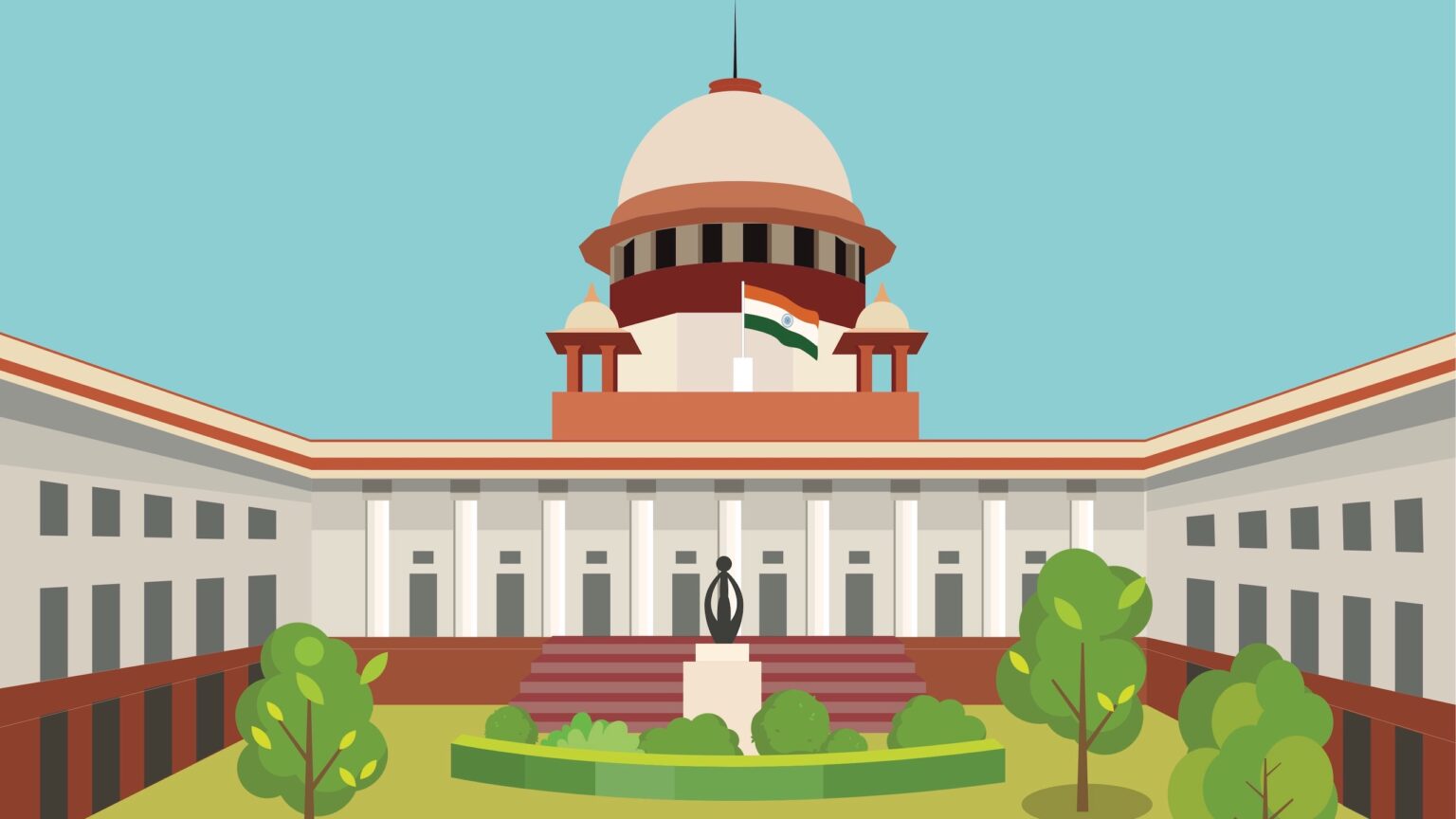India has amended its IT law to prohibit social media companies like Facebook and Twitter from publishing, hosting, or sharing false or misleading information about “any business” of the government, reports TechCrunch.
Additionally, firms will be required to use the Indian government’s fact-checking unit to authenticate any claims made on their platforms.
Also Read: You Will Soon Need ID Verification to Access Porn Online
Internet service providers (ISPs) have been warned to comply with the new rule to maintain their safe harbor protections.
The rule impacts all ISPs and failure to comply could result in the loss of these legal protections. Safe harbor protections shield ISPs from liability for the actions of their users.
If a user engages in illegal activity online, the ISP may not be held responsible if they have complied with the relevant rules and regulations.
However, if the ISP fails to comply with the new rule, they risk being held liable for users’ actions. First proposed in January, the rule provides the government with arbitrary and over-broad powers to determine the authenticity of online content.
Bypassing natural justice
The revised rule also bypasses the principles of natural justice, which means it could give the government excessive power to control online content and potentially violate the principles of fairness and justice.
“The fact check unit could effectively issue a takedown order to social media platforms and even other intermediaries across the internet stack, potentially bypassing the process statutorily prescribed under the Section 69A of the IT Act, 2000,” said Internet Freedom Foundation (IFF), a New Delhi-based digital rights group.
The Internet Freedom Foundation’s statement on the notification of the IT Amendment Rules, 2023.
Read 👇👇 pic.twitter.com/qPuqNICWht
— Internet Freedom Foundation (IFF) (@internetfreedom) April 6, 2023
The introduction of the amended rules has led to fears about the potential suppression of the fundamental right to freedom of speech and expression. Especially for news publishers, journalists, activists, and other similar groups, according to IFF.
The Ministry of Electronics and IT declared that current IT regulations already mandate that intermediaries undertake “reasonable efforts” to refrain from hosting, publishing, or distributing any content that is blatantly false, misleading, or inaccurate.
Is “fact checking” more like censoring?
India’s position as the world’s second largest social media market means new IT rules and regulations are likely to have significant implications for its online ecosystem.
The data from DemandSage shows that India has around 755.47 million social media users, with each having around 11.4 accounts on average.
One Redditor stated “‘fact checking’ is more like censoring” in a response to the news about the new IT law. On Reddit, reactions to the new IT law are mixed, with some saying it allows government propaganda to be presented as fact.
“Come on. We can completely trust the govt as we know exactly what “fact checking” means for them. Only their propaganda will be allowed as fact and practically everything else will be blocked as false,” responded one.
Additionally, some Redditors have questioned: how does the government solely dictate what is true and what is not?
Also Read: Musk Will Leverage AI to Detect Manipulation of Public Opinion on Twitter
“No sane person will argue that platforms should just allow anything to be spouted, but the problem with the govt acting as the sole arbiter of truth is that it can simply ban content not favourable to it,” expressed a Redditor.
“Yup, absolutely nothing wrong with a government dictating what is and isn’t true to media companies…” stated another Redditor.
Such rules can result in the suppression of information that is critical or unfavourable to the government, the user argued.
These arguments are familiar, as they encapsulate the censorship and suppression that was rampant during the pandemic. In 2020 and 2021, social media including Facebook and Twitter worked in conjunction with federal health officials and national governments to remove alleged disinformation, shadowban accounts, and suppress data that deviated from the official line.
Twitter’s recent release of the source code to its ranking system also shone a spotlight on its raft of censorship tools and blacklists, further undermining its reputation as a free and open digital public square.









 and then
and then